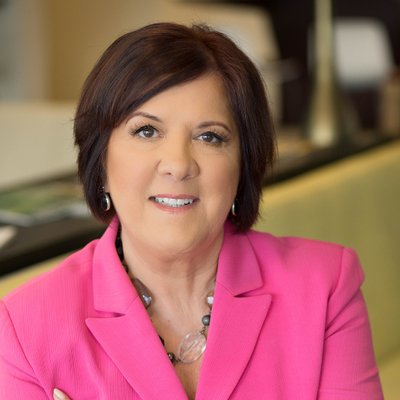Believe it or not, most of your readers are a lot like the multi-talented musician and singer Prince, who died in 2016, or Aretha Franklin, the “Queen of Soul,” who rocked out of this mortal life in style this summer:
Neither celebrity left behind a will or trust.
That means their estate files will be made public for all to see during the probate process. Worse, assets intended for loved ones, or for certain charitable or other causes, can be tied up for months and even years, if heirs—and wannabe heirs—fight over the money, escalating legal bills and forcing probate to drag on.
What happens closer to home should get your readers’ attention. In some states, according to the online legal resource Nolo.com, attorney and court fees can add cost up to 5 percent of assets. Business reporters have a golden opportunity to crack one of the personal finance beat’s perennial puzzles—why more Americans don’t have a will.
Who doesn’t have a will?
The latest survey on wills, conducted in January 2017 for the online caregiving resource Caring.com, found that the numbers of those without a will or a trust haven’t budged much since the 2000s.
Nearly one in every six Americans—or 58 percent of the adult population—doesn’t have a will, with a higher number of GenXers (64 percent) and Millennials (78 percent) shrugging their shoulders over the necessity of having this basic personal finance document.
Of particular concern: Just slightly more than a third of parents with children under 18 (36 percent) have wills.
Another key group: women. They are especially at risk, according to the Women’s Institute for a Secure Retirement (WISER). Eighty percent will die single, which means they’ll need to master managing their own money, or hiring a reputable adviser.
It’s an age thing, says elder law attorney Sally Hurme, the author of Checklist for My Family: A Guide to My History, Financial Plans and Final Wishes, published by AARP in 2015. Most people don’t think about needing a will until they get older.
Why don’t more of your readers have a will?
Two of the top reasons cited, in the Caring.com survey: Those responding “hadn’t gotten around to it” (47 percent), or “don’t have enough assets to leave to anyone” (29 percent).
Using your social media channels, assemble a panel of readers of different ages and economic groups and ask them why they haven’t written a will yet. Depending on where your news organization is located, your readers may not fit the demographic, if they are older or poorer, or a minority, which will make your local reporting all the more fascinating.
How much should you pay for a will?
Costs range from a few hundred to $1,000 or more for an estate attorney, or under $100 for online resources. When should you hire an estate attorney, and when do you “do-it-yourself?” Talk to a few estate-planning attorneys; one source is the American College of Trust and Estate Counselors. Also, check in with the folks at Nolo, Rocket Lawyer and LegalZoom, which both offer low-priced services. Your story focus here is helping consumers make the best choice for themselves.











